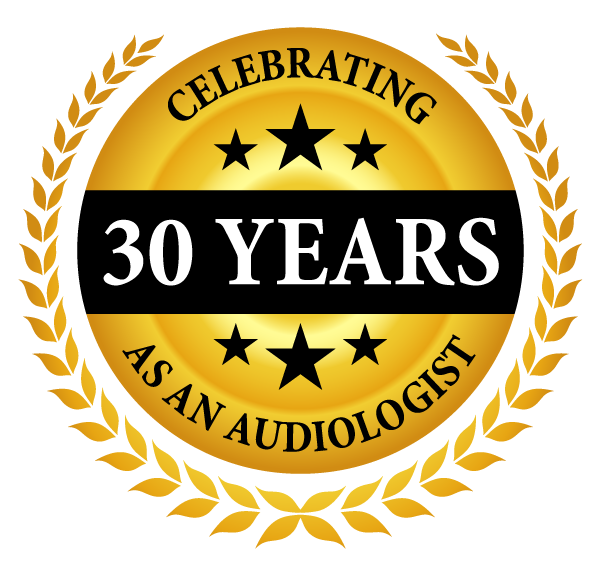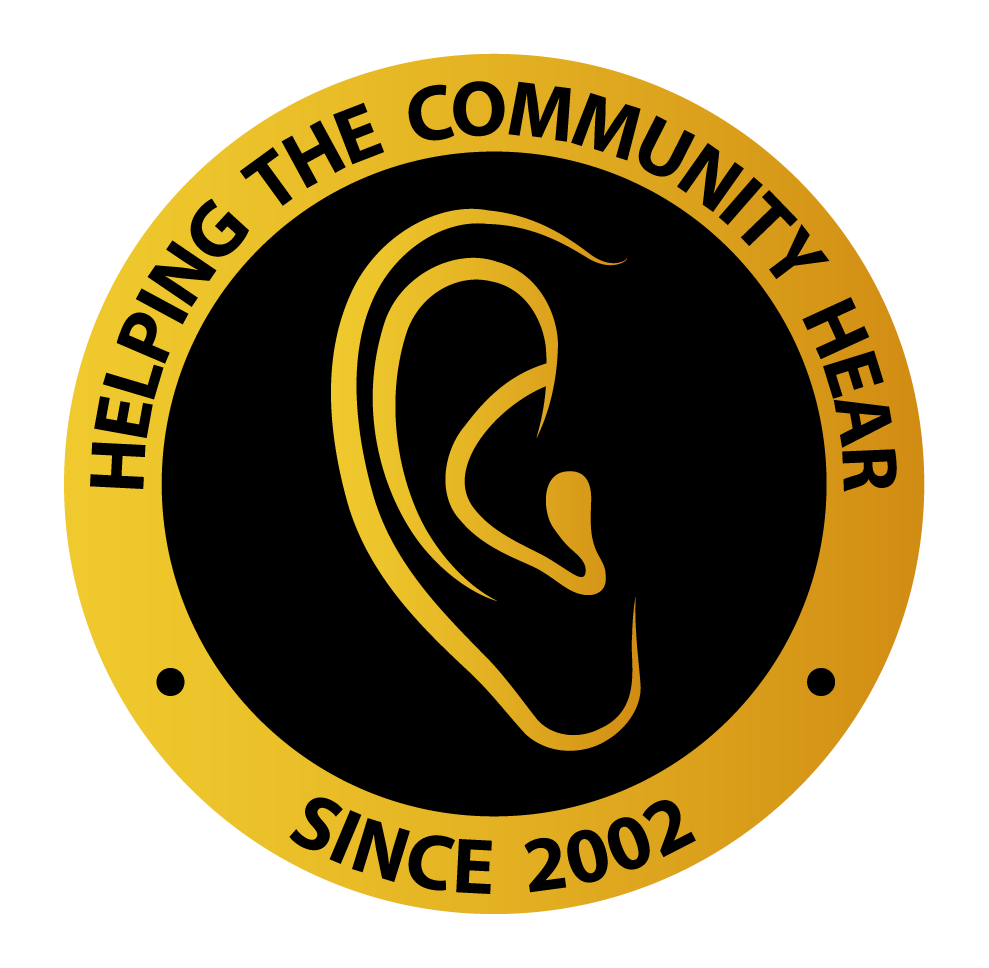Workplace noise: how to help protect your ears while you’re working
In some places where people work - such as on a construction site, at live gigs or in nightclubs, working in or around loud planes, trains, buses or motorcycles, or working with horticulture tools and equipment - the noise levels are so high that ears and hearing health risk being seriously harmed.
We spend a lot of time at work, and noise experienced in the workplace can cause temporary or permanent hearing damage, including hearing loss, ringing in the ears, or other ear conditions. The impact can be sudden, if exposed to an extremely loud noise, or issues can build gradually over time.
What is too much noise?
Decibels (the measure of levels of noise) when perceived by the human ear are measured in dB(A). For example, a normal conversation is around 60 dB(A), a vacuum cleaner around 70 dB(A), and a chainsaw will be up to 120 dB(A). However sound intensity massively increases as the dB(A)s do, and this has a proportionally greater impact on hearing loss.
Long or repeated exposure to sound at or above 85 dB(A) can lead to hearing loss. This is known as Noise Induced Hearing Loss (NIHL) and is cumulative. Therefore workplace risk can be increased by excessive levels of noise if, say, noisy power tools or machinery are used for more than half an hour a day, or noise is intrusive for most of the day.
Tips for maintaining good hearing health in a noisy workplace
The good news is that people working in noisy environments are protected by law and employers have a duty to protect their staff under the Control of Noise at Work Regulations (2005). Employers must:
have noise levels assessed regularly
keep a record of the noise assessment
provide hearing protection against the noisy environment
One way of doing this is through regular hearing tests, which can help detect any hearing loss that may have previously gone unnoticed, protect employees from permanent damage due to excessive noise exposure.
We have a personal responsibility to reduce risk to our ears and hearing at work
As employees, people also have an important part to play in protecting their own hearing health:
make sure you wear your hearing protection when working in noisy environments
make sure to take regular breaks away from loud noises
ensure you are using hearing protection as instructed and that it is maintained properly
report any damaged or defective hearing protection
if you suspect your hearing is being affected by workplace noise, report this straight away
look out for your colleagues, encourage them to speak to their manager, and make sure they feel helped and supported if they are having problems with hearing
But the risk of damaging hearing health doesn’t just arise in the working environments that we traditionally associate with being noisy. Hearing tests, reviewing noise levels and being aware of potentially damaging noise factors is important for all employees, even when they are sitting at a desk.
Remote working and looking after your hearing
Working and studying from home and remotely with earphones and headphones can also pose a risk to ears and hearing, if we listen to sound through these at a loud volume and over a prolonged time. Additionally, germs and bacteria that settle on these can cause ear infections.
Some tips to avoid damaging your ears when remote working are:
set the volume of your device to 60% or less
take a break of 15 minutes for each hour of listening
disinfect earphones at the end of each day
arrange hearing check if you experience any symptoms of hearing loss
Lakeland Hearing provides a range of high quality ear protection products for use while working and offers ear examinations and hearing tests. It’s never too late to start protecting your hearing and our highly trained and experienced audiologists can provide you with custom-made hearing protection to suit your individual need.
Find out more https://lakelandhearing.co.uk/our-products/protection

